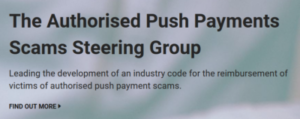How huge financial liabilities require a quick, clean Brexit
Published on 28 June 2019
We have had a paper published today through the Global Britan think tank about the fate of the Eurozone.
It has been endorsed by Steve Baker MP, the former Brexit minister who sits on the Treasury Select Committee of the House of Commons:
“This alarming report exposes the huge contingent
liabilities with which the […]

